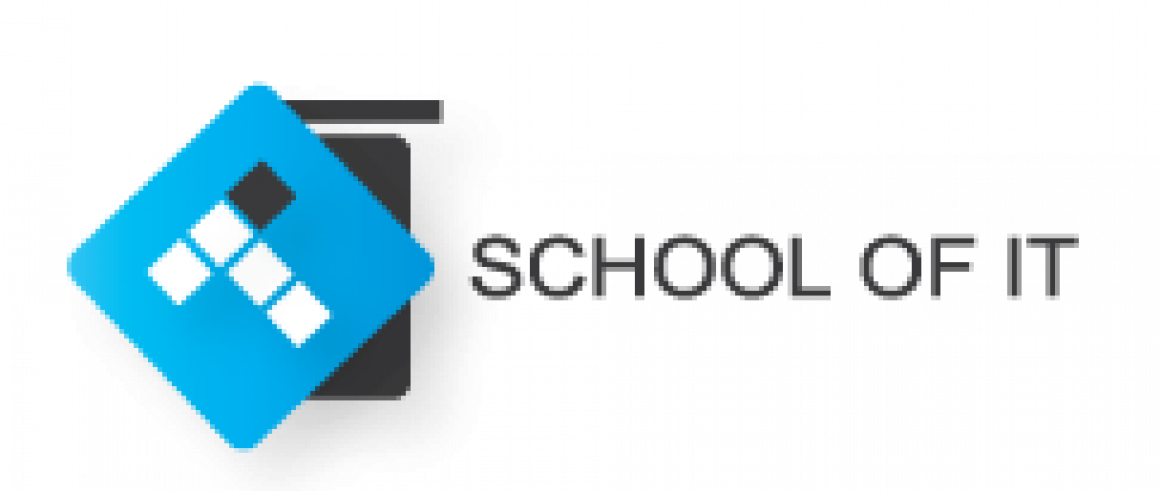Debunking gender stereotypes in the world of Coding

Debunking gender stereotypes in the world of Coding
August 17, 2020 Comments Off on Debunking gender stereotypes in the world of CodingDebunking gender stereotypes in the world of Coding
History of Debunking gender stereotypes in the world of Coding
About 200 years ago, the first-ever person to become what we now call a coder, was, in fact, a woman by the name of Lady Ada Lovelace. Back in the day when digital computers finally became a working reality, women became pioneers in writing software for the machines. At that time, men in the computing industry considered writing code as a trivial, less appealing task. Women were amid the first coders to realise that software generally never works right the first time — and that a developers main job, really, is to detect and fix the bugs. These innovations introduced some of software’s core concepts. Betty Snyder recognised that if you desired to debug a program that wasn’t running correctly, having a “break point” known as a time when you could stop a program midway during its run. Up until now, breakpoints are a fundamental part of the debugging process.
Debunking gender stereotypes in the world of Coding in the 50’s and 60’s
While the number of coding jobs erupted in the ’50s and ’60s as companies started relying on software to process their payrolls and crunch data, men had no particular advantage in being hired. Employers were simply looking for applicants who were logical, good at math and precise. In this respect, gender stereotypes served in a women’s favour. Aptitude was rewarded by the field – applicants were given a test and were hired if they passed and would receive training on the job.
Coding stereotypes in the world of ‘men’
If we had to pinpoint a particular turning point where women began to be forced out of programming, we can look at one year: 1984. A decade beforehand, a study that was conducted showed that the numbers of men and women who displayed an interest in coding as a career were equal. Men were generally more likely to enrol in computer-science programs, but women’s participation rose unwaveringly and swiftly through the late ’70s until, by the 1983-1984 academic year, 37.1% of all students who were to graduate with degrees in computer and information sciences were women. In barely one decade, their participation percentage more than doubled.
But then things sort of went into reverse. From 1984 onwards, the percentage fell and by the time 2010 came around, it had been cut by half. By then only 17.6% of students graduating from computer-science and information-science programs were women. One of the main reasons for this spinning decline has to do with a transformation in how and when kids studied programming. The arrival of personal computers in the late ’70s and early ’80s changed the pool of students who attempted to acquire computer-science degrees. Before that change, pretty much all students who arrived at a college had never encountered a computer let alone been in the room with one. Computers were limited and costly devices and were generally only available in research labs or corporate environments. Almost all students were on even footing and were new to programming.
Women and the world of code
It was said that boys had received considerably more exposure to personal computers than girls had. Boys were more than twice as likely to receive a personal computer as a gift by their parents. Generally, if parents bought a computer for their family it would end up in the son’s rooms, not the daughters room. Sons were also known to have more of an “internship” type of relationship with their fathers, the same wasn’t true for daughters. Girls, even the ones who were considered nerdy, picked up on these cues and appeared to hide their enthusiasm subsequently. These roles for boys and girls were rather familiar historically, as boys were applauded for playing with construction assemblages and electronic equipment, while girls were directed toward dollies and toy kitchenettes.
Debunking gender stereotypes in the world of Coding at School
At school, girls got very much the same message — Computers were for boys. Nerdy boys ended up forming computer clubs in order to escape the torments of jock culture, and often ended up, whether deliberately or not, representing the same exclusionary behaviour. A cultural division had arisen and women started doubting their ability, how would they ever catch up? There was a feeling in a college classroom that if you hadn’t previously been coding obsessively for years, you didn’t quite belong in the class. The real “programmer” was the person who had a computer-screen tan from staying in front of the monitor for hours on end, coding. There was a significant double standard, because while it was perfectly acceptable for men to want to engage in numerous other pursuits, women who displayed the same wish felt judged for not being “hardcore” enough.
By the ’80s, the initial pioneering work done by female developers had essentially been forgotten, with no help from Hollywood who was putting out the image that Computers and coding were a male domain. When computer-science programs started to expand once again in the mid ’90s, the culture of coding was set. Majority of the students were men and the interest amongst women never revived to the levels that were reached in the late ’70s and early ’80s. The women who did show up and partake were often secluded. In a room of 20 pupils, maybe five or less might have been women.
Shifting of gender stereotypes in the world of Coding
Programming began closing its doors to women in academia. The development of what would be termed “culture fit” was shifting the who and the why of the hiring process. Directors began selecting developers less on the basis of their aptitude and focused more on how well they fit a certain personality type — the abrupt, reserved male nerd.
Furthermore It is no secret that gender stereotypes are still very much existent in many industries, and software development is no anomaly. It seems to be quite apparent that women are better coders than men, though, they don’t receive adequate or fair recognition. Regrettably, coding done by women is more inclined to be accepted if women hide behind gender-neutral profiles. Considering women have built programming as we know it, few of them have succeeded in this opposed industry which is dominated by male coders. Women are better at coding because they have to fight against bias and sexism. Consequently, the only way to become a successful female coder is to be better than all of your male co-workers.
Great coding initiatives for women in the world of programming
Coding Mamas is all about creating a society where every woman is able to “actively participate in the 4th industrial revolution, be financially free and still have time to raise our future leaders”. They are mothers who support each other as well as motherhood and appreciate the importance of a comfortable childhood. They create a space where mothers can learn and bring their children along with them, and feel safe to do so.
Programming for women workshops
Overall their programmes include Work Shops which are aimed at providing a hands-on experience to moms through learning coding, testing gadgets and software and engaging with a panel of experts. These are usually full-day events where child care is provided, allowing moms to learn knowing their children are in capable hands. They also offer Outreach programmes which aim to bring moms together who are in rural and peri-urban areas and connect them to much-needed skills. Lastly, they offer Virtual hackathons which are online forums where moms can stay connected to one another as well as creating real-life solutions and circling in on their skills.
Great programming courses in the world of Coding for everyone
At School of IT our mission is to share valuable market-related knowledge, no frills no fuss, to any individual whether you are male or female. We pride ourselves on fitting into your schedule and providing you with 3 different types of training options. Our training options include face to face training at our venues in Cape Town or Somerset West, we can come to you (Western Cape only) and lastly one on one online training.
Overall we are passionate about the practical side of programming and IT. All of our programming courses are directed at developing your skills and providing you with valuable insight into various fields. We help to enable you to make decisions about your career as well as your future. The courses that we offer, put you way ahead of everyone else and prepare you for the world of programming. We thrive on providing our students with flexibility, one-on-one and unique online training as well as giving you the option to write international exams. Programming courses include C#, Java, Python, Javascript, C++ and the list goes on.
Conclusion of coding for women and everyone
Thus we appeal to anyone and everyone, from men and women who have full-time careers and want to change their career, to the housewife at home who has a deep interest in coding or the highschool girl who wants to dominate the world of coding. We even offer coding for kids!
We offer industry-specific courses which are accessed in a stimulating environment. If you want to change careers in 2020, check out one of our many course options. At School of IT, you can become a well-recognized software developer. All in all, we provide one on one training and as a result, students gain industry knowledge and invaluable skills which separates them from the rest.
If you are curious about coding but you are not sure what it entails, take a look at our breakdown of everything you need to know before taking a coding course here.





